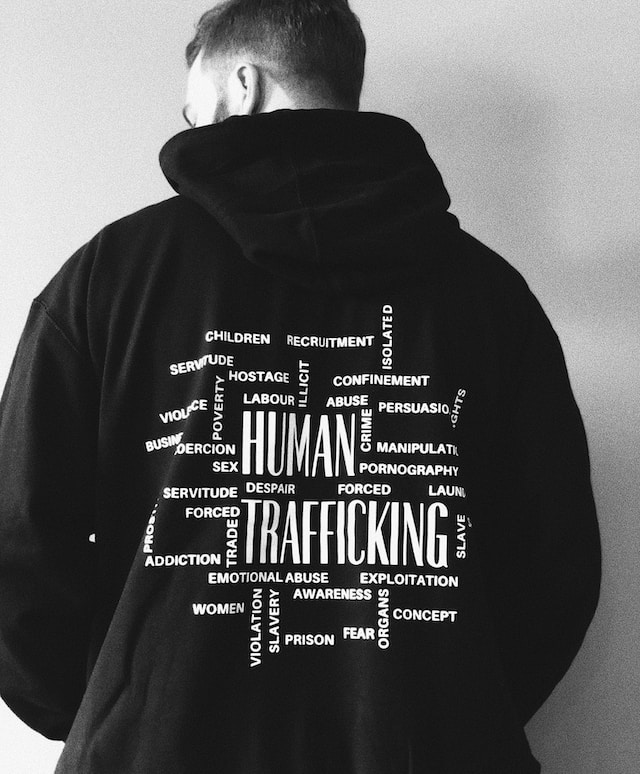- Improving mood
- Eating and sleeping more regularly
- Feeling more energized
- Regaining interest in activities
- Feeling more at peace
Depression is a mood disorder that can vary from mild to severe. It is most commonly associated with feelings of sadness, but can also include many other changes in how one experiences their day-to-day life. People suffering from depression may also experience anxiety, anger, thoughts of death or suicide, decreased energy, loss of interest in previously enjoyable activities, and changes in eating or sleeping patterns.


What is postpartum depression?
- Regulating mood swings
- Making it through the day
- Re-establishing a routine
- Reducing the intensity of negative thoughts and emotions
- Learning to calm down and regain a sense of balance
- Navigating stressful situations without feeling overwhelmed
- Shutting down anxious thoughts
- Improving concentration


- Reduce feelings of fear, stress, and worry relating to the object of the phobia
- Increase ability to manage situations where the object of the phobia is involved
- Identify and manage thoughts relating to the object of the phobia
- Navigating both the up and down states
- Controlling rash, impulsive actions
- Regaining motivation
- Feeling more emotionally balanced


What is obsessive compulsive disorder (OCD)?
- Reducing the frequency of compulsive behaviours
- Addressing the fear leading to compulsive urges
- Managing unwanted thoughts
- Restoring a normal daily routine
- Feeling safe
What is post-traumatic stress disorder (PTSD)?
- Removing the upsetting feelings associated with revisiting the traumatic event(s)
- Sleeping more soundly
- Managing intrusive thoughts
- Reducing hypervigilance
- Feeling calmer and happier


- Identify the underlying hurt masked by the angry response
- Communicate anger in a way that is safe, healthy, and productive
- Notice common triggers for anger amongst seemingly disparate events
- Manage angry feelings
- Remain calm in the midst of upsetting experiences
- Heal from the hurt of the betrayal
- Discuss possibility of repair in the relationship after betrayal
- Provide teaching and skills to help the relationship survive the betrayal
- Provide a safe space for asking questions about the betrayal


- Identify the concerns that lead to disordered eating behaviours
- Manage stress and feelings in a way that reduces the urge to follow disordered eating behaviours.
- Address self-image and self-esteem issues that perpetuate and are perpetuated by disordered eating
- Reduce shame of the self and of the disordered eating behaviour
What is spiritual and religious trauma?
- Restore faith in God
- Regain feeling of safety and ability to trust
- Reduce physical, mental, and emotional symptoms arising from the trauma
- Eating and sleeping regularly


What is Christian counselling?
- Clarify questions regarding Christian faith
- Show how Christianity relates to present-day struggles
- Explore what the Bible says about one’s current experience
- Bridge Christianity with modern science
What are return to work issues?
- Resolving trauma from previous work experiences
- Addressing fear and anxiety related to return to work
- Boosting self-esteem and self-efficacy
- Coming up with solutions to anticipated issues upon returning to work


- Develop stronger bonds using attachment theory
- Recognize how a relationship came to experience a break and how to repair the break
- Heal past wounds in the relationship
- Communicate more openly and effectively with each other
- Come to a greater self-understanding
- Brainstorm and consider what options are available
- Feel self-confidence and self-efficacy in one’s desired career path
- Address fear and anxiety in choosing a career path
- Identify barriers to working effectively


What is attention deficit disorder (ADD) or attention deficit hyperactivity disorder (ADHD)?
- Maintaining attention and concentration
- Reducing impulsive urges
- Understanding neurodiversity and fostering self-acceptance
- Staying organized
What are insomnia and sleep concerns?
- Improving sleep hygiene
- Addressing intrusive thoughts while trying to fall asleep
- Treatment of other mental health concerns associated with poor sleep, such as depression and anxiety
- Stress management


- Establishing safety
- Regain power and control in the relationship (where possible)
- Coming up with a plan for survival
- Resolving past trauma from experiences of domestic violence
- Establishing safety
- Regaining feelings of trust and self-esteem
- Reducing feelings of guilt, worry, shame, and fear
- Eating and sleeping more regularly
- Dealing with intrusive thoughts


- Self-acceptance and understanding
- Exploring what patterns of thinking and behaving are helpful and not helpful in a shame-free environment
- Skill-building to function more effectively at home and outside the home
- Giving language to one’s experience
- Understanding life-stage appropriate parent-child dynamics
- How to understand the messages communicated by a child’s behaviour
- Negotiating life-stage transitions
- Repairing past wounds in the parent-child relationship
- Developing stronger connections between parent and child


- Re-establishing feelings of safety and trust in medicine at a somatic (i.e. bodily feeling) level
- Reduce fear and anxiety associated with medical procedures
- Reduce physical and psychological stress responses associated with past trauma
What are personality disorders?
- Managing thoughts and behaviours in order to be able to get through the day
- Exploring deep-seated past experiences that contributed to current thought and behaviour patterns
- Navigating social interactions


- Greater awareness of areas of strength and weakness in the relationship
- More effective communication
- Feeling more attached to your partner
- Exploring the deeper issues behind seemingly repetitive arguments
- Recovering from infidelity in the relationship
What is separation and divorce counselling?
- Coming to terms with the separation or divorce
- Exploring the issues that led to the decision to separate or divorce
- Making a last-ditch effort to save the relationship before finalizing separation or divorce


What is grief and bereavement counselling?
- Releasing negative emotions and body feelings associated with the loss
- Coming to terms with the loss
- Making sense of jumbled thoughts and emotions, feeling lost or disoriented
- Navigating triggers and reminders of loved ones


What is child abuse and neglect?
What is childhood exposure to domestic violence?


